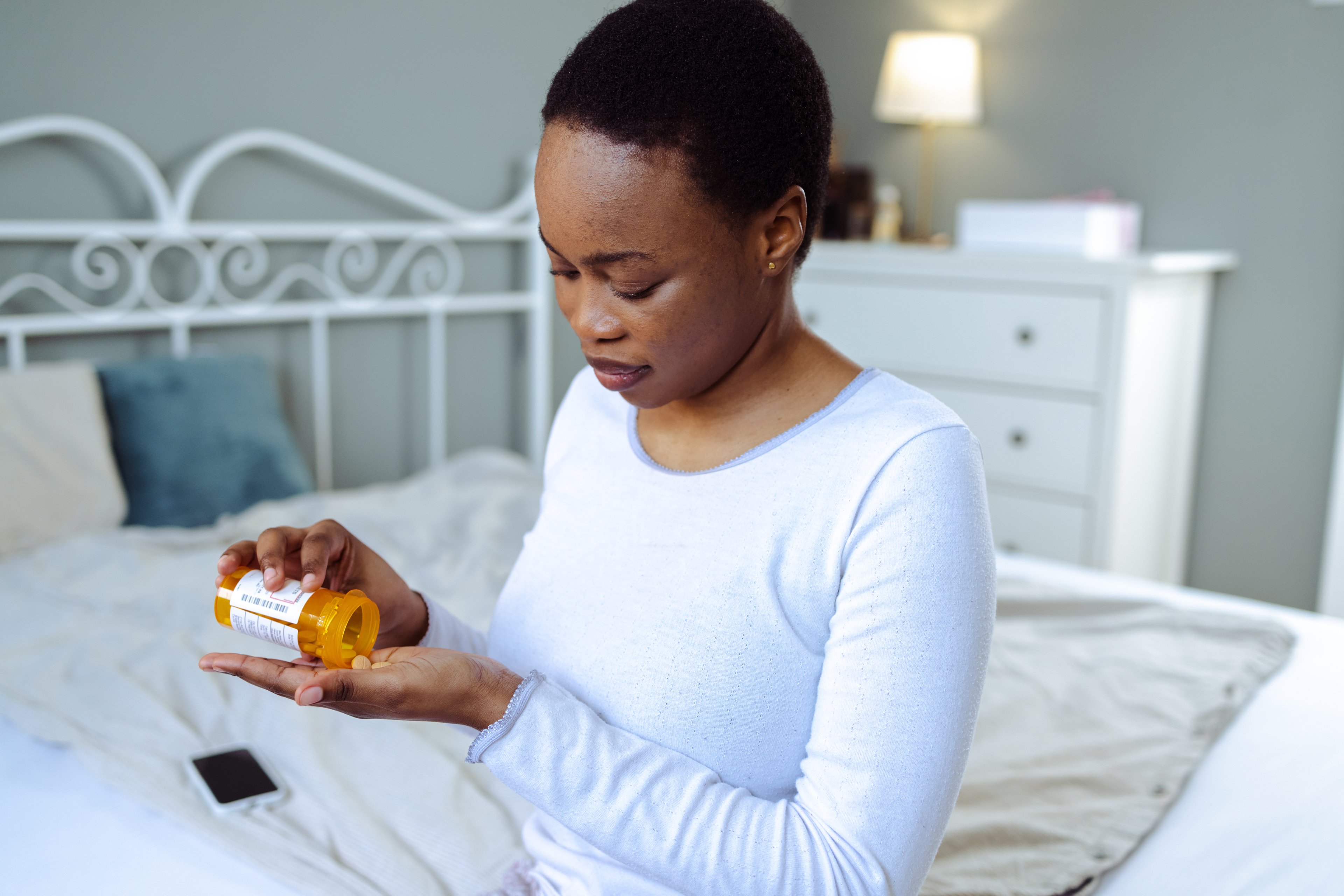AbbVie's (ABBV +0.01%) story in recent years is familiar to those who follow the pharmaceutical industry. The company's top-selling product (and the world's best-selling drug), Humira, helped catapult its shares upward after it split from Abbott Laboratories. However, with cheap biosimilars being introduced in Europe in late 2018, international sales of Humira are set to decline in the coming years. Further, since biosimilars will also be introduced in the U.S. market (Humira's largest market) by 2023, the future doesn't look particularly bright for this drug. These factors prompted AbbVie's shares to plunge by as much as 30% during the first half (or so) of the year.
But the company has rebounded nicely since August, and its shares are almost at the same level they were at the beginning of the year. In short, despite many predicting the demise of AbbVie, the company is still alive and well. Here's why.
AbbVie's third-quarter results
AbbVie released its third-quarter earnings report on Nov. 1, and the company's results were solid. AbbVie's revenue of $8.4 billion improved 3% year over year and came in ahead of the consensus analyst estimates. The company's bottom line, too, was better than expected; its adjusted earnings per share (EPS) was $2.33, slightly higher than the $2.30 Wall Street was gearing up for.
Sales of Humira declined slightly -- by 3.7% -- compared to the year-ago period, but that was despite the fact that revenue from AbbVie's top-selling product dropped by 33.5% internationally. In the U.S., Humira is maintaining its upward trajectory, increasing its sales by 9.7% year-over-year during the quarter. For now, the continued dominance of Humira in the U.S. is almost offsetting the decline of its sales in Europe, which is obviously good news for the company.

Image Source: Getty Images.
The Allergan deal isn't looking so bad
AbbVie's acquisition of Allergan (AGN +0.00%) in June was criticized for two major reasons. First, the price AbbVie paid seemed steep: The $63 billion price tag was a 45% premium over Allergan's share price at the time of the deal. Second, Allergan had been suffering from an overreliance on one product line, namely its Botox business. But now that the dust has largely settled, it seems that AbbVie stands to benefit from this acquisition.
In addition to its strong position in the immunology department thanks to Humira and newcomers Skyrizi and Rinvoq -- which have already racked up more than $100 million in sales after hitting the market earlier this year -- the company will inherit Allergan's products, including offerings in medical aesthetics, eye care, central nervous system (CNS), and gastroenterology. The days of AbbVie's reliance on Humira will be long gone, which at least partly explains the company's confidence in its decision to acquire Allergan.
AbbVie CEO Richard Gonzalez said, "With the planned acquisition of Allergan, we will be adding highly valuable on-market assets with leadership positions across additional and attractive growth segments including significant new growth platforms in medical aesthetics and CNS."
Better days ahead
With the continued dominance of Humira in the U.S. and AbbVie's acquisition of Allergan -- which will give it access to a much wider portfolio of products -- the company will likely see much better days ahead. AbbVie's reputation as a strong dividend growth stock only sweetens the deal for investors. That is why, despite its struggles this year, it would be a mistake to ignore the big pharma company.







